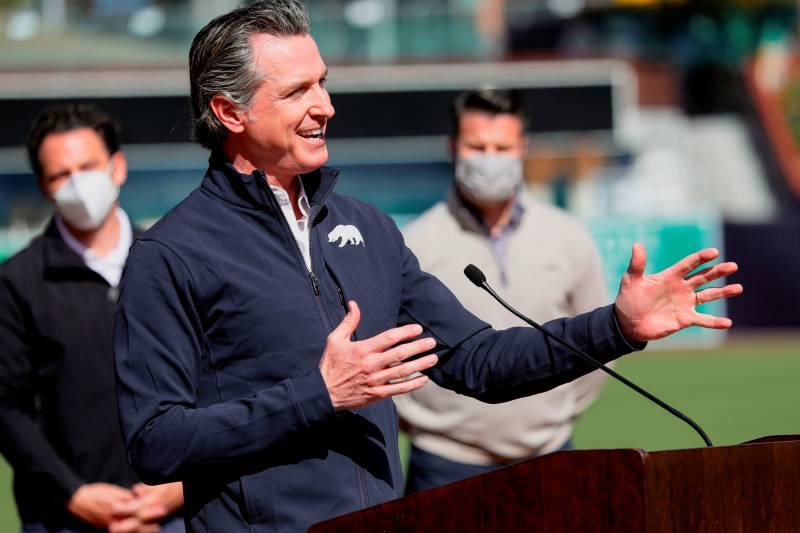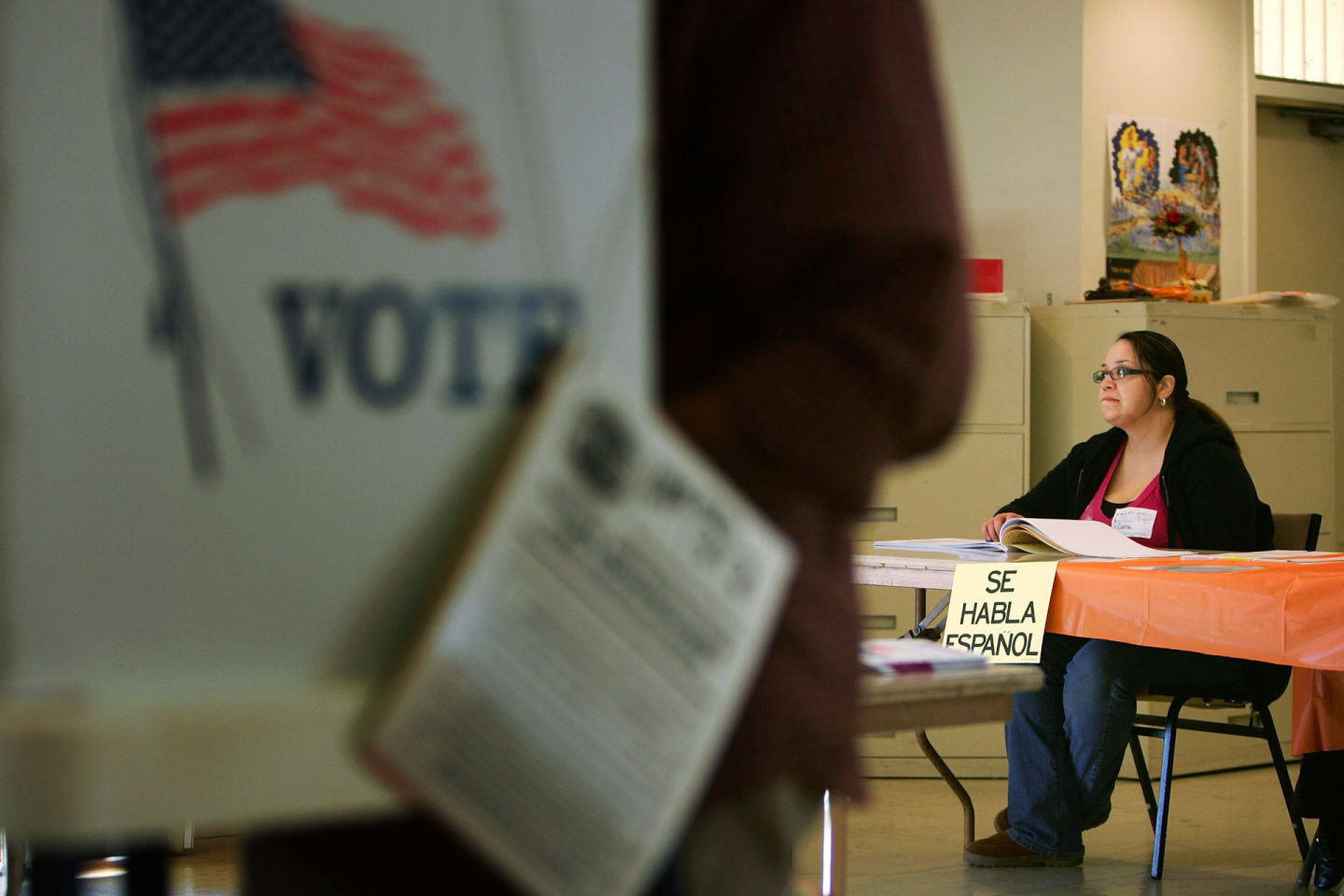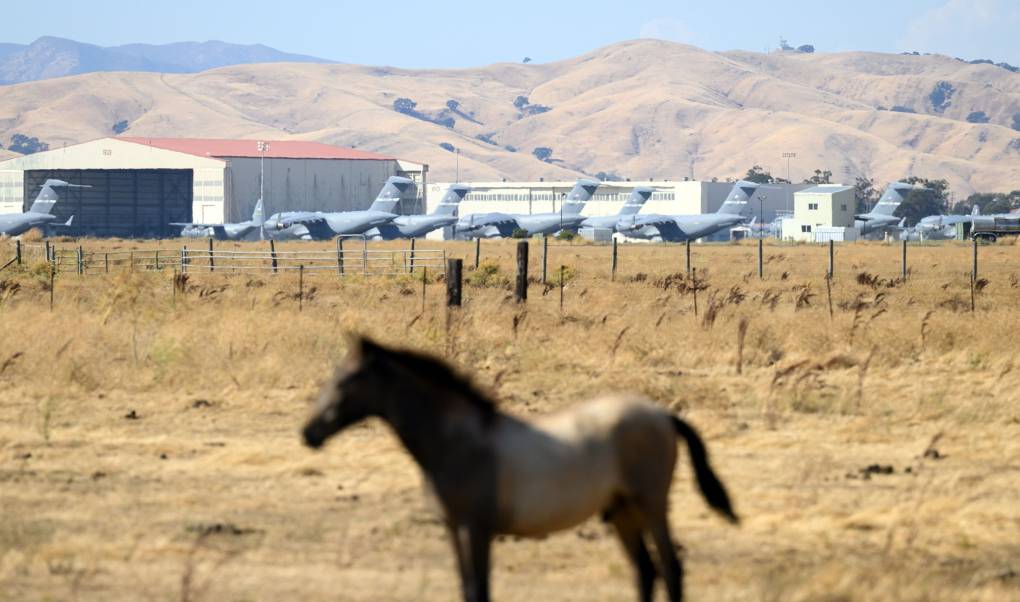That 1% had a pretty good year in 2020, financially speaking. The stock market is 16% above its pre-pandemic high in February 2020. A slew of California tech companies, led by Airbnb and DoorDash, debuted on the stock market last year, adding to the state’s population of millionaires and billionaires.
The Newsom administration projects Californians will earn $185 billion from capital gains — the most ever — resulting in $18.5 billion in tax revenue for the state.
“It does point to an overreliance of a very small population of taxpayers,” said David Kline, spokesman for the California Taxpayers Association, which favors limited taxation. “In general, you want a broad base of taxpayers at the lowest rate possible.”
But California’s windfall means it can increase spending at a time when many people can’t. Last week, Newsom signed off on $7.6 billion in new spending, including more than $2 billion in grants for struggling small businesses and $3.6 billion to send $600 one-time payments to nearly 5.7 million people.
Legislative leaders say they plan to pass another $2.3 billion in tax breaks for businesses in the coming weeks, bringing the state’s aid package to nearly $10 billion.
While California has more money, the pandemic has brought more expenses. Schools need more money to reopen after months of distance learning, a thorny subject that has split Newsom from the Democrat-controlled Legislature.
While employment has increased slightly in California for people who earn $60,000 a year or more, employment has dropped nearly 30% for people earning less than $27,000 per year, according to Opportunity Insights, an economic tracker based at Harvard University.
California’s economy has been buoyed by unemployment benefits, which Congress has expanded and extended multiple times. As of December, nearly 90% of people either unemployed or underemployed were receiving jobless benefits in California, according to new research from the California Policy Lab. That’s an increase from earlier in the pandemic, when only about half such people were getting benefits.
“The rather recent spurt in revenue growth that we’ve seen should in no way be taken to mean that California’s economy overall has recovered from the COVID-19 recession,” said H.D. Palmer, spokesman for the California Department of Finance. “Unfortunately, we’ve got a long way to go.”




